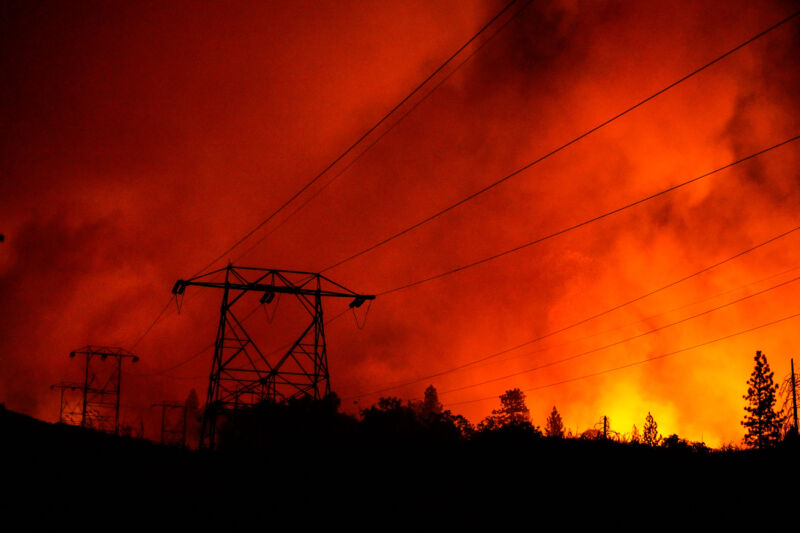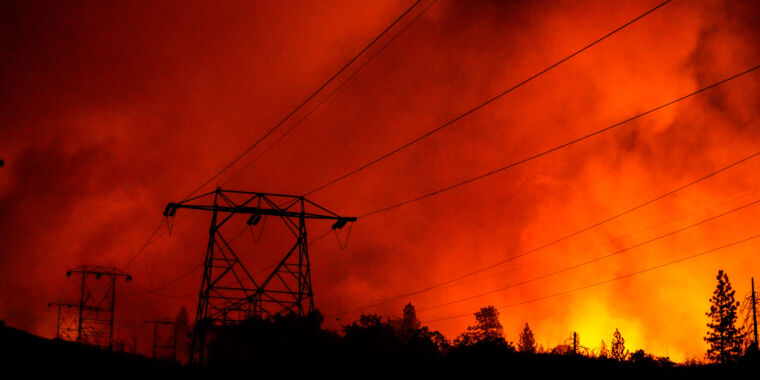
This article originally appeared on Inside Climate News, a nonprofit, independent news organization covering climate, energy, and the environment. It is republished with permission. Sign up for their newsletter here.
A new global opinion poll shows that most people are “very” or “extremely” concerned about the state of the natural world.
About 70 percent of the 22,000 people polled online earlier this year agreed that human activities were pushing the Earth past “tipping points,” thresholds beyond which nature can no longer recover, such as the loss of the Amazon rainforest or the collapse of the Atlantic Ocean’s currents. The same number of respondents said the world must cut carbon emissions within the next decade.
Just under 40 percent of respondents said that technological advances can solve environmental problems.
The Global Commons survey, conducted for two collectives of “economic thinkers” and scientists known as Earth4All and the Global Commons Alliance, polled people in 22 countries, including low-, middle- and high-income nations. The stated aim of the survey was to gauge public opinion on “societal transformations” and “planetary stewardship.”
The findings, released Thursday, highlight that people living in diverse circumstances often worry about the health of ecosystems and the environmental problems that future generations will inherit.
Discover the latest news on climate impacts during this election season.
But there were some regional differences. People living in emerging economies, including Kenya and India, saw themselves as more exposed to environmental and climate shocks, such as droughts, floods and extreme weather. That group reported being more concerned about the environment, though 59 percent of all respondents said they were “very” or “extremely” concerned about “the current state of nature,” and another 29 percent were at least somewhat concerned.
Americans are among the global majority, but the details of the survey, conducted by Ipsos, revealed a more complex picture.
About one in two Americans said they have little or no exposure to environmental and climate change risks. Those perceptions contrast sharply with empirical evidence that climate change is impacting nearly every corner of the United States. A warming planet has intensified hurricanes that batter coastlines, droughts that ravage midsize American farms and wildfires that threaten homes and air quality across the country. And climate shocks are driving up the prices of some foods, such as chocolate and olive oil, and consumer goods.
Americans also largely believe they bear no responsibility for global environmental problems. Only about 15 percent of U.S. respondents said that high- and middle-income Americans share responsibility for climate change and natural destruction. Instead, they place most of the blame on corporations and governments of wealthy countries.
Survey responses show that at least half of Americans feel they have no stake in addressing global environmental problems, said Geoff Dabelko, a professor at Ohio University and an expert on environmental policy and security.
To translate environmental concerns into real change, people have to believe there is something at stake, Dabelko said. “It's troubling that Americans aren't making that connection.”
While fossil fuel companies have long campaigned to influence public perception in ways that absolve their industries of blame for ecosystem destruction and climate change, individual behavior does play a role. Americans have one of the highest per capita consumption rates in the world.
The world’s richest 10 percent are responsible for nearly half of global carbon emissions, along with ecosystem destruction and related social impacts. For example, U.S. consumption of gold, tropical hardwoods such as mahogany and cedar, and other commodities has been linked to the destruction of the Amazon rainforest and attacks on indigenous peoples defending their territories from extractive activities.
The United States is one of the richest countries in the world, home to 38 percent of the world’s millionaires (the largest share). But you don’t have to be a millionaire to be among the world’s richest people. Americans with no children who earn more than $60,000 a year after taxes, and families of three with after-tax household incomes of more than $130,000, are among the richest 1 percent of the world’s population.
United Nations Emissions Gap Reports say the world’s wealthiest people need to reduce their personal emissions by at least a factor of 30 to meet global climate goals. The emissions footprint of high-income Americans is largely a function of lifestyle choices such as living in large homes, flying frequently, choosing personal vehicles over public transportation, and conspicuous consumption of fast fashion and other consumer goods.

